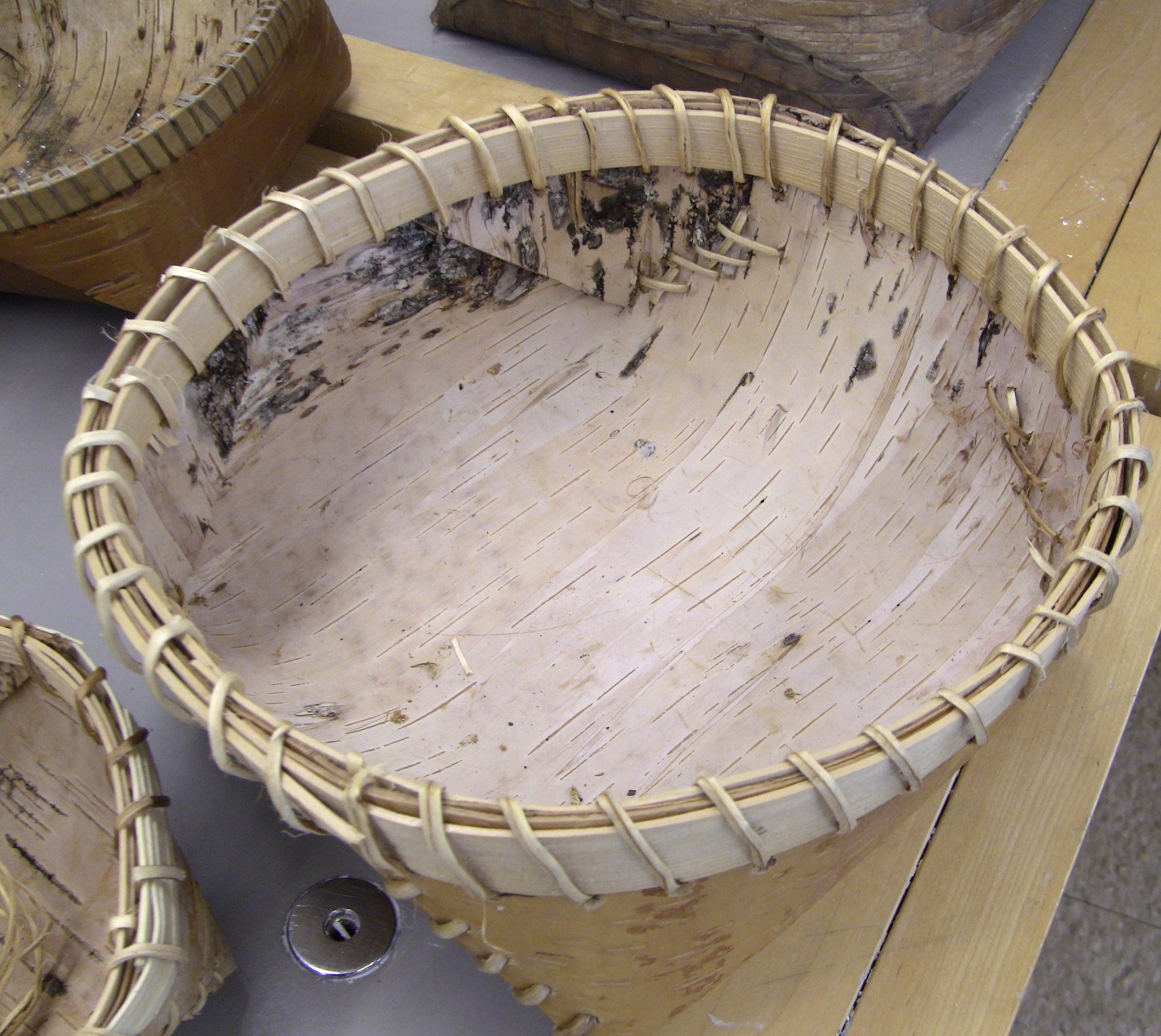Workshops
We believe it is important for participants to be fully immersed in the experience of exploring mathematics through culture. During each three-hour workshop participants will examine the mathematics inherent in traditional Indigenous technologies and cultural practices and how students learn through engaging in these practices. We’ll also consider how incorporating Indigenous pedagogical approaches align with current mathematics instruction and provide insight for creating more inclusive classrooms. Finally, we will consider the voices of community members as they reflect on the importance of including First Nations and Métis cultures in the mathematics classroom. Each conference attendee will have a choice of participating in two workshops.
Hairpipe Bracelets (Primary)
Christina Ruddy and Jody Kohoko
In this workshop participants will explore the cultural significance of hairbone pipe bracelets along with early mathematical concepts including proportional and multiplicative reasoning, patterning, symmetry, and algebraic thinking.
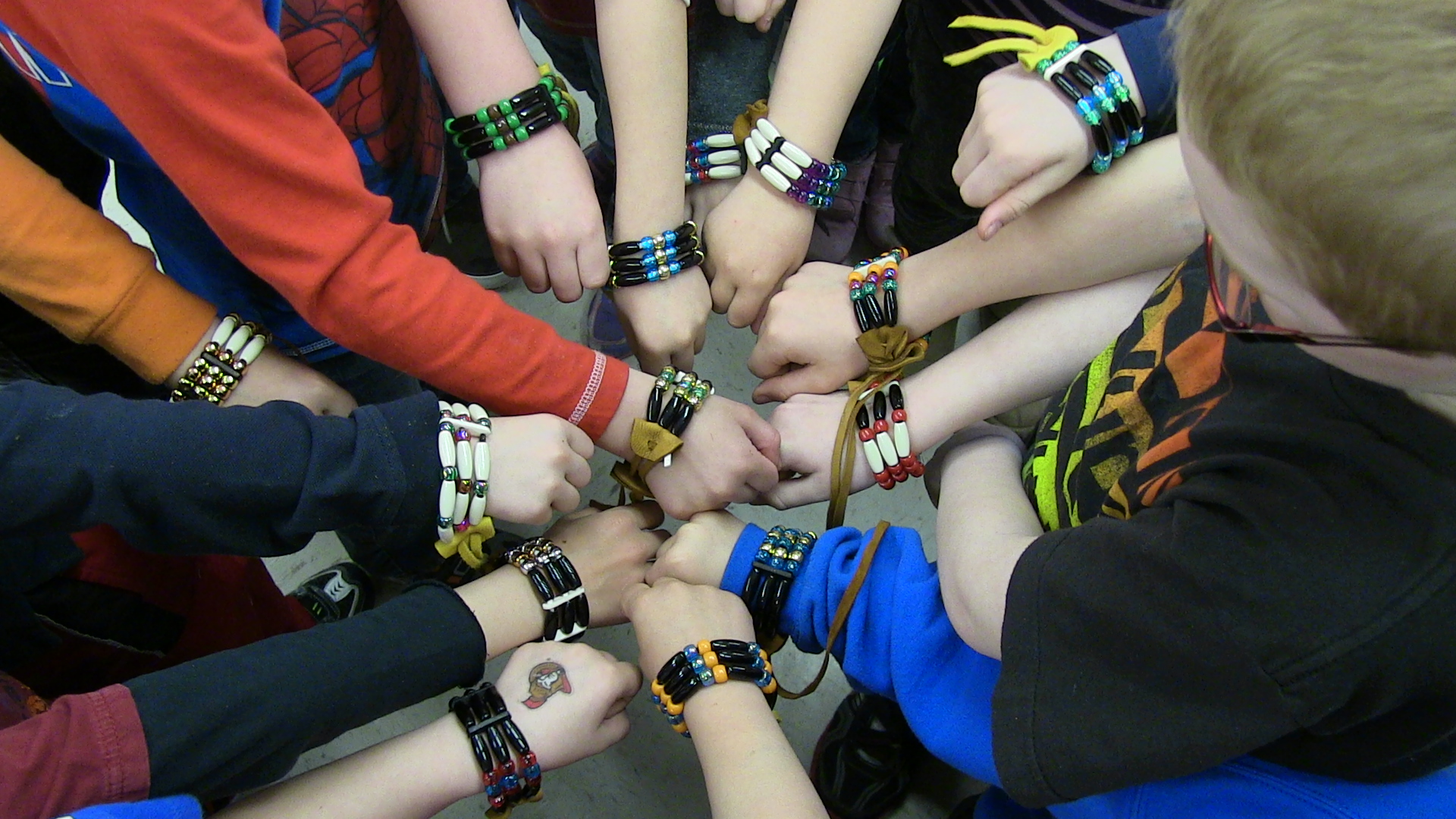
Looming (Primary/Junior)
Laurie Bennett, Heather Lett, Brenda Sherry
Learn Anishinaabe loomwork and how this supports the development of mathematical concepts such as measurement, proportional reasoning, and patterning. We will also investigate the connections between LYNX coding and looming, and how this supports students’ computational thinking. Lynx is a Canadian-made, text-based coding program available in Canadian English, French, Anishinaabe, Mi'kmaw, Kanien'kéha, and Oji-Cree (with other Indigenous languages to come). If you are interested in coding 'hands-on' along with us during the workshop we recommend using a laptop/computer or Chromebook (rather than a tablet or phone) for this workshop.
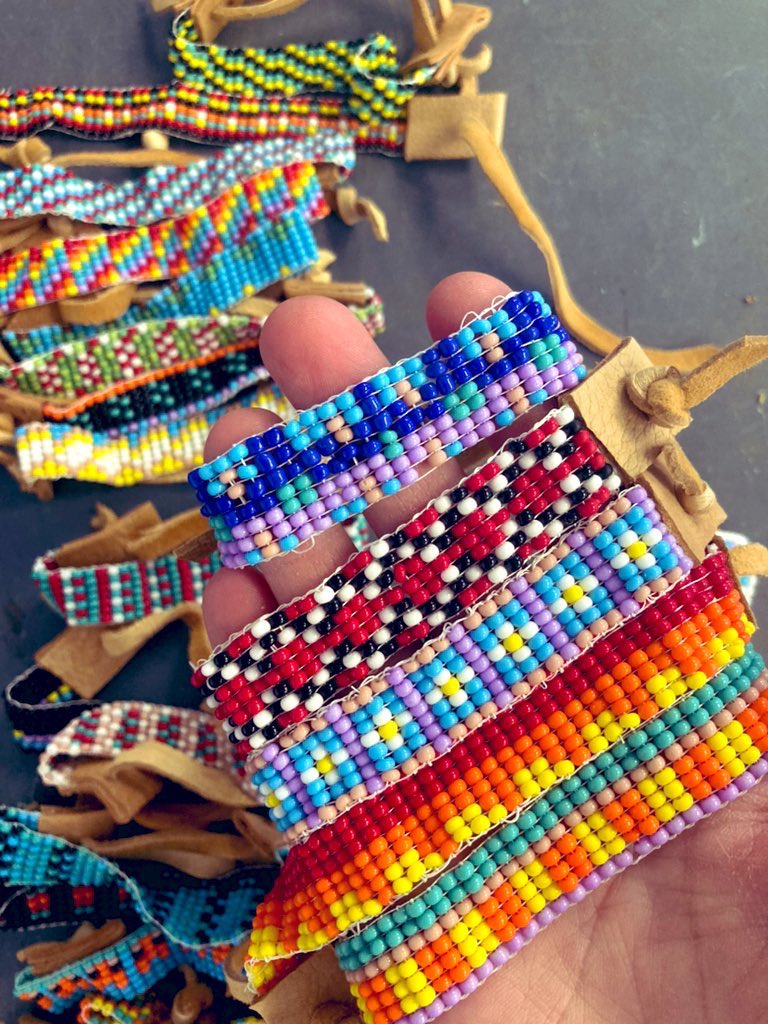
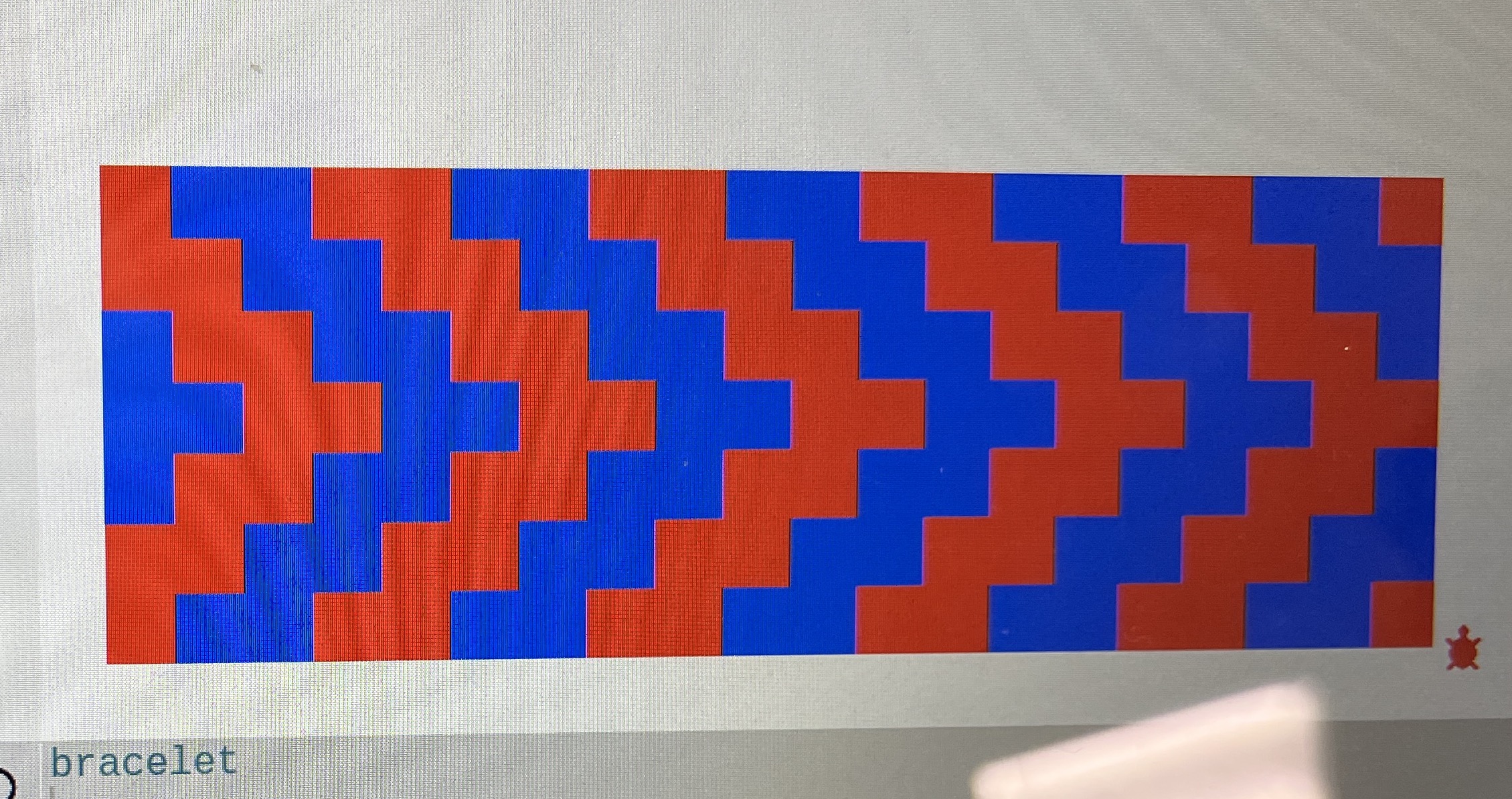
Medallions (Junior/Intermediate/Senior)
Naomi Smith, Colinda Clyne, Peter Skillen
Anishinaabe artist Naomi Smith will share traditional art and teachings from historical and contemporary perspectives through the story of beads. She will demonstrate how beaded medallions are made. Examples of complex mathematics inherent in creating circular medallions will be shown, including symmetry, number sense, and quadratic relationships. We will also explore how representing medallions with LYNX coding supports geometric thinking. Lynx is a Canadian-made, text-based coding program available in Canadian English, French, Anishinaabe, Mi'kmaw, Kanien'kéha, and Oji-Cree (with other Indigenous languages to come). If you are interested in coding 'hands-on' along with us during the workshop we recommend using a laptop/computer or Chromebook (rather than a tablet or phone) for this workshop.
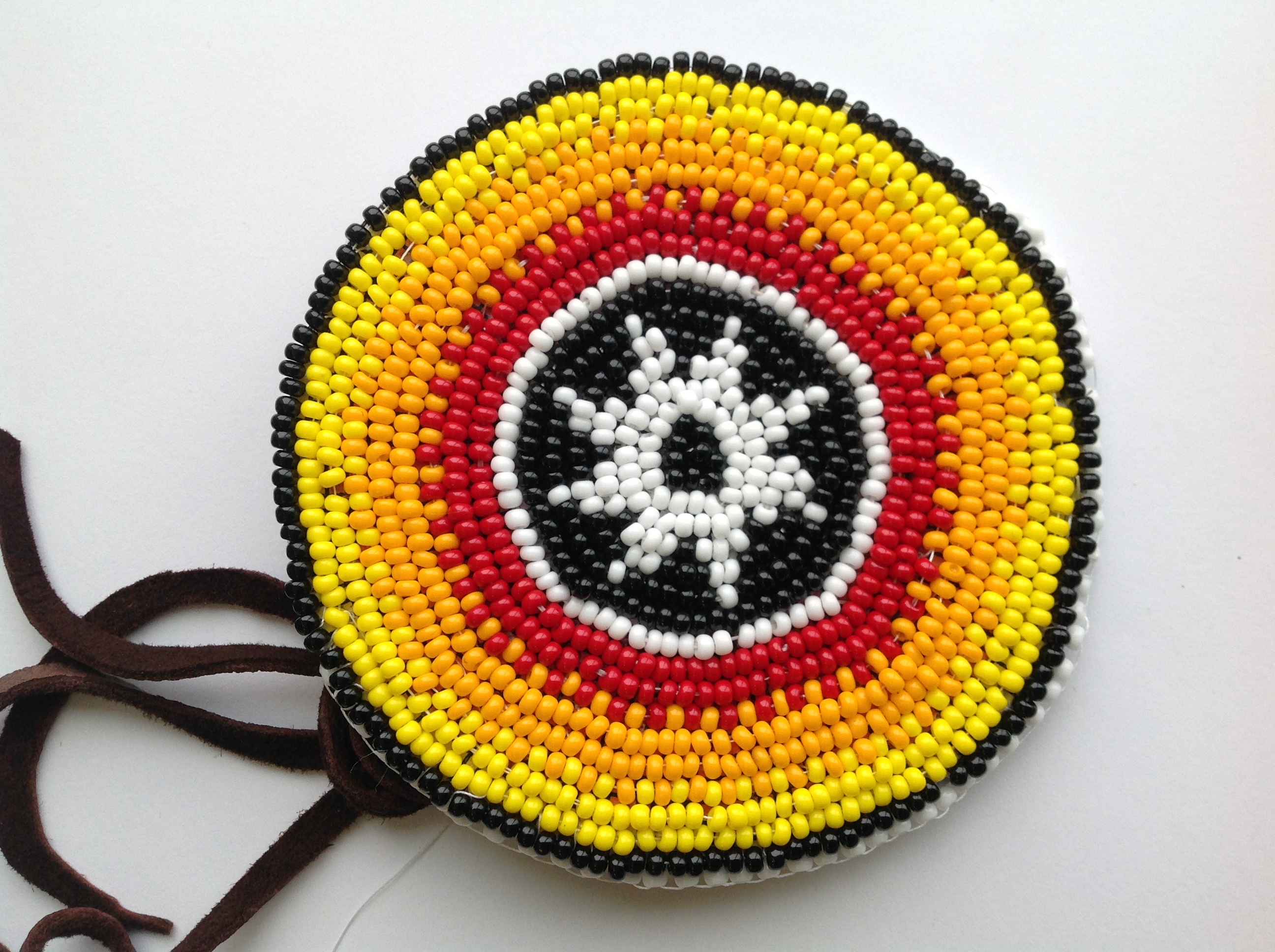
Looming (Junior/Intermediate/Senior)
Leslie Anne Muma, Jennifer Parkinson, Bonnie Sears, Mike Fitzmaurice
Learn the principles of Métis design interpreted in Anishinaabe loom work and how this supports the development of mathematical concepts such as algebraic reasoning. We will also explore the connections between LYNX coding and looming, and how this supports students’ computational thinking. Lynx is a Canadian-made, text-based coding program available in Canadian English, French, Anishinaabe, Mi'kmaw, Kanien'kéha, and Oji-Cree (with other Indigenous languages to come). If you are interested in coding 'hands-on' along with us during the workshop we recommend using a laptop/computer or Chromebook (rather than a tablet or phone) for this workshop.


Wiigwaas Mukuk (Junior/Intermediate)
Anika Guthrie, Elliott Cromarty, Kris Sandberg
Learn about the process of making a birch bark basket, including harvesting and preparing materials, and cultural teachings. Mathematics inherent in this traditional technology include discovering surface area, volume, capacity, along with measurement and proportional reasoning.
